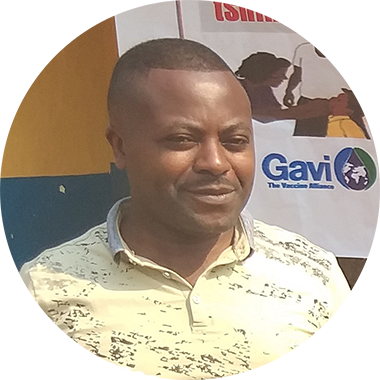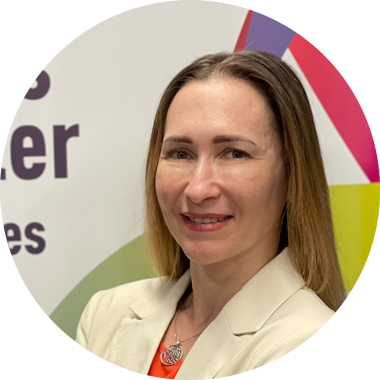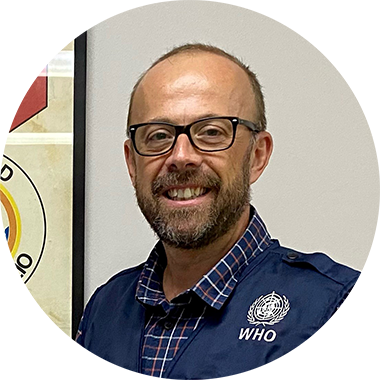
Norbu Wangchuk
Administrative Officer - Nepal Country Office
As the Administrative Officer at the WHO Country Office in Nepal, Norbu serves as the compliance focal point to ensure that all goods, services and activities are procured and implemented according to WHO's procurement and financial rules. He clears transactions and is also the main focal point for country office audits, providing information and addressing observations in due time. Norbu often works closely with relevant counterparts in the government and other partners and feels well suited to the role. “This is because of my own sense of fairness and respect,” he says. “I’ve found that the best way to promote good practices is to use them myself and lead by example.” A large part of his role in the WHO Nepal Country Office is to enable team members to work to the best of their ability, and he draws on many years of relevant experience to do his work. “I am proud to have served as the Administrative Officer in four countries, where I’ve facilitated technical programmes in terms of administrative support and budget management,” he adds.
Norbu has a background in administering and supporting health sector programmes, which has served him well in WHO. The Administrative Officer’s role can change depending on the office and the priorities and resources available there. For example, he recalls working in the WHO Country Office for the Democratic People’s Republic of Korea, which is smaller than the office in Nepal. There he often covered for the finance team to ensure monthly closures, managed IT issues and even topped off the electricity generator during power outages! “The key is to have a flexible approach to ensure the smooth running of the office,” he says.
Over his career there have been many emergencies, from flooding and droughts in the Democratic People’s Republic of Korea to humanitarian crises in Bangladesh and now the COVID-19 response in Nepal. During emergencies, Norbu ensures the implementation of specific administrative emergency procedures, which empower the WHO workforce to implement their programmes with the necessary speed and efficiency. The country office Administrative Officer is also responsible for the safety and security of the office’s staff. If an evacuation is required, the WHO representative and the administrative officer are last to leave the affected site. Norbu’s education in public health has helped prepare him for these situations, and he’s learned that it’s also important to remain calm and humble in the face of great challenges.
He recognizes that working for a large organization like WHO can have its challenges, especially when balancing the rules that govern how the organization operates and the need to achieve results in the field. However, Norbu is always mindful that the rules and processes followed are there to further the objectives of WHO programmes, which in turn serve those most vulnerable populations. “I’ve accomplished a lot in my career,” he reflects, “and I know that when it comes time to retire, I can feel satisfied that I have contributed to something bigger than myself.”
“I’ve accomplished a lot in my career (at WHO), and I know that when it comes time to retire, I can feel satisfied that I have contributed to something bigger than myself.”







